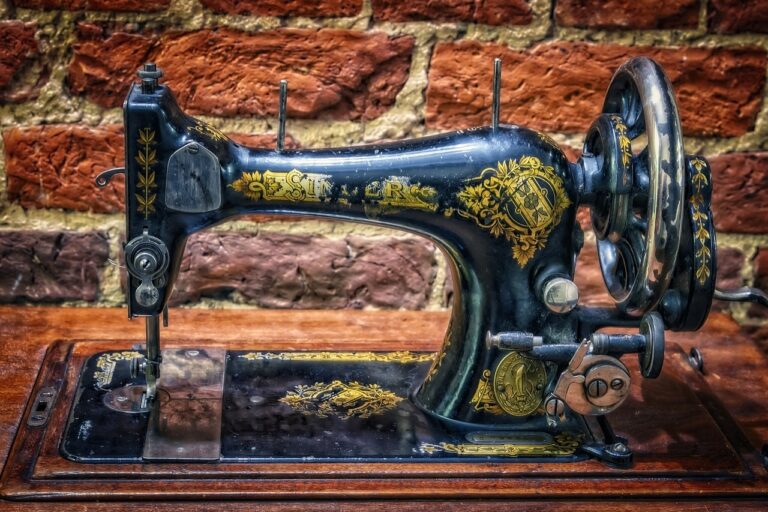The Evolution of Sustainable Fashion Brands: Case Studies and Success Stories
Sustainable fashion brands have undeniably evolved over the years, from niche players to key players in the fashion industry. These brands have been instrumental in changing the narrative around sustainability and ethics in fashion. What started as a small movement has now become a global phenomenon, with consumers increasingly demanding transparency and accountability from the brands they support.
As consumer awareness grows, so does the pressure on fashion brands to adopt more sustainable practices. Many brands have responded to this shift by incorporating sustainable materials, ethical production processes, and transparent supply chains into their business models. This evolution has not only transformed individual brands but has also had a ripple effect on the industry as a whole, pushing more and more companies to reconsider their approach to sustainability.
Defining Sustainable Fashion
Sustainable fashion is a concept that revolves around producing clothing, accessories, and footwear in an environmentally and socially responsible manner. The goal is to reduce the negative impact on the environment caused by the fashion industry and improve the overall well-being of workers involved in the production process.
This approach to fashion focuses on implementing ethical practices throughout the entire supply chain, from sourcing raw materials to manufacturing and distribution. Sustainable fashion brands strive to utilize eco-friendly materials, promote fair labor conditions, and adopt sustainable production techniques to create stylish, high-quality products with a reduced carbon footprint.
• Sustainable fashion aims to minimize waste and pollution by using recycled materials and implementing energy-efficient processes.
• By supporting sustainable fashion brands, consumers can contribute to the preservation of natural resources and the protection of ecosystems.
• The transparency in the supply chain of sustainable fashion allows customers to make informed decisions about their purchases and support ethical practices.
Early Pioneers in Sustainable Fashion
Early pioneers in sustainable fashion laid the foundation for the industry’s current commitment to ethical practices and environmental responsibility. Brands like Patagonia and Eileen Fisher were among the first to prioritize sustainability in their production processes, setting an example for others to follow. Through their efforts, they demonstrated that fashion can be both stylish and eco-friendly, challenging the traditional notion of fast fashion.
These trailblazers paved the way for a new generation of designers and brands to incorporate sustainable principles into their business models. By championing transparency, fair labor practices, and eco-conscious materials, early pioneers in sustainable fashion fostered a movement towards creating clothing that not only looks good but also does good for the planet and its people. Their legacy continues to influence the industry, inspiring a shift towards a more sustainable future for fashion.
What is the evolution of sustainable fashion brands?
Sustainable fashion brands have evolved to prioritize environmentally friendly practices, ethical sourcing, and fair labor conditions in their production processes.
How is sustainable fashion defined?
Sustainable fashion is defined as clothing and accessories that are produced in an environmentally and socially responsible manner, minimizing harm to the planet and promoting ethical practices throughout the supply chain.
Who are some of the early pioneers in sustainable fashion?
Early pioneers in sustainable fashion include brands like Patagonia, Eileen Fisher, and Stella McCartney, who have been leading the way in implementing sustainable practices in the fashion industry.







